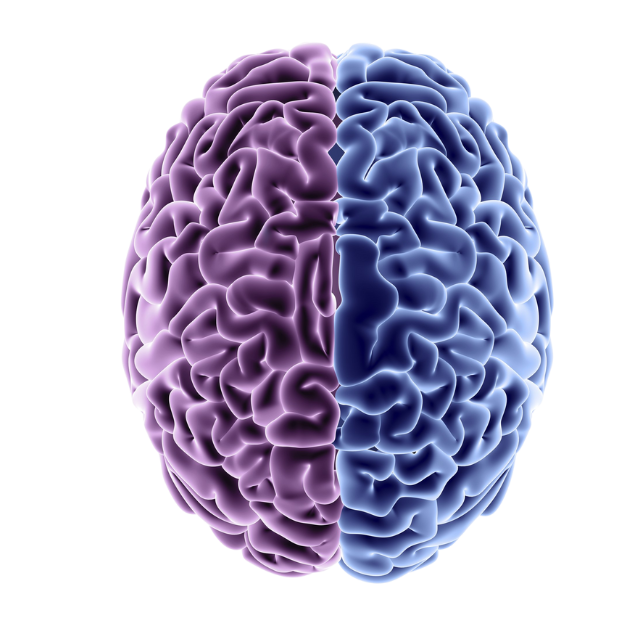Burnout is a state of emotional, physical, and mental exhaustion caused by excessive and prolonged stress. It occurs when you feel overwhelmed, emotionally drained, and unable to meet constant demands. It’s associated with feelings of fatigue, hopelessness cynicism and resentment, affecting both professional and personal aspects of life.
Burnout can result from work overload or being assigned too many tasks that are beyond your current skill sets. However, it can also result from being under-challenged causing feelings of boredom and under appreciation.
While the condition isn’t medically diagnosed, it can affect your physical and mental health if you don’t acknowledge or treat it.
Effects of Burnout on the Healthcare Workforce
According to a recent survey by the American Psychological Association, an alarming number of healthcare professionals are unable to meet the demand for treatment from their patients. The percentage of psychologists who report feeling overworked rose from 30% in 2020 and 41% in 2021 to 46% in 2022. Almost half (45%) reported feeling burned out in 2022, with similar levels reported in 2020 (41%) and 2021 (48%).
The weight of responsibility of healthcare professionals comes at substantial personal costs. Jessica Gould, a psychiatrist specializing in physician wellness, notes, “We basically think that feeling bad is a part of medicine, and we can’t identify that we’re doing poorly, or that we should take time for ourselves and figure out that we actually might be depressed.”
Carrie Cunningham, section head of the Massachusetts General Hospital Endocrine Surgery Program and associate professor of surgery at Harvard Medical School, recently spoke out about the alarmingly high suicide rates among surgeons. “For years, no one in surgery talked publicly about mental distress in the profession; surgeons have long experienced a culture of silence when it comes to their personal pain.”
Effects of Burnout on Patients
Hiding one’s grief and experiencing pressure to suffer in silence can lead to devastating consequences for our healthcare workforce. These far-reaching implications extend to the quality of patient care and the overall healthcare system, resulting in increased medical errors and decreased empathy, prompting stereotypes and stigma to infiltrate the cultural environment.
Research suggests that providers who experience higher levels of positive emotions during clinical encounters may be less likely to categorize in terms of individual attributes and use more inclusive social categories. In other words, unconscious bias that may promote inequitable treatment of patients is more likely to influence behavior when practitioners are overly stressed or burned out.
Addressing these implications requires a comprehensive approach that includes reducing the stigma surrounding mental health, providing access to mental health services, implementing preventive measures, and promoting a culture of well-being within healthcare organizations.





